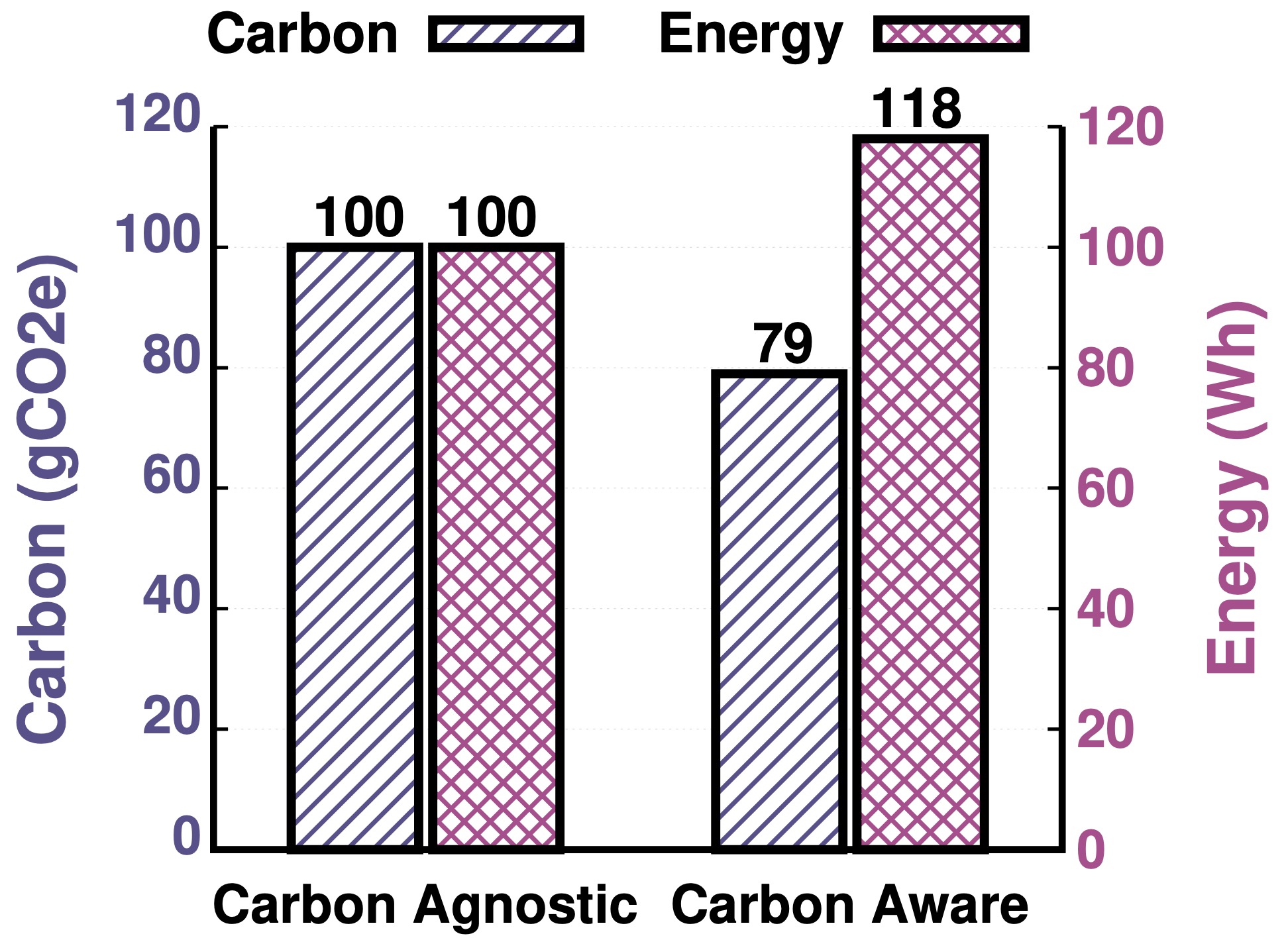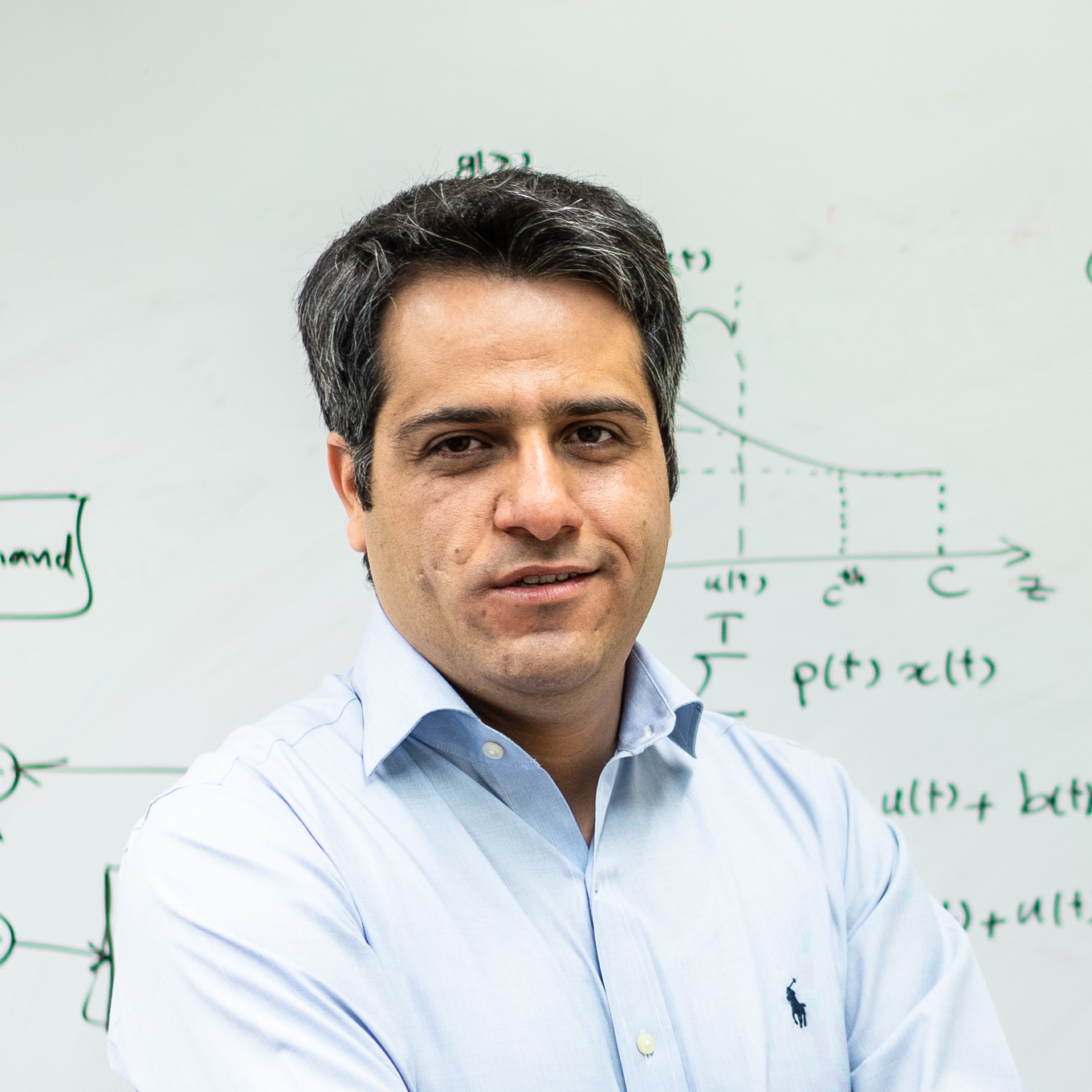The energy transition elevates the importance of carbon efficiency—the ability to do more work when and where low-carbon and clean energy is available—relative to energy efficiency—the ability to do the most work for the least amount of energy.
While optimizing energy efficiency has been a focus of research for decades, optimizing carbon efficiency is new and largely under-explored. Technically speaking, optimizing carbon efficiency is more closely related to the concept of energy flexibility—the degree to which a workload can be shifted temporally or spatially—than energy efficiency. The relationship between energy flexibility and energy efficiency may conflict, i.e., increasing energy flexibility can decrease energy efficiency. For example, data centers are most energy-efficient at high utilization, so leveraging their energy flexibility to reduce carbon emissions by periodically reducing their utilization and power usage makes them less energy-efficient.
We initiated a study to theoretically understand this tradeoff by formulating the online pause and resume problem. This is a substantial next step in our research on both energy and theory:
- On the theory side, it is foundationally promising since it relates to online problems with long-term and switching cost constraints.
- On the energy front, it opens the door for the next generation of sustainable computing with a focus on carbon intelligence instead of energy efficiency.





